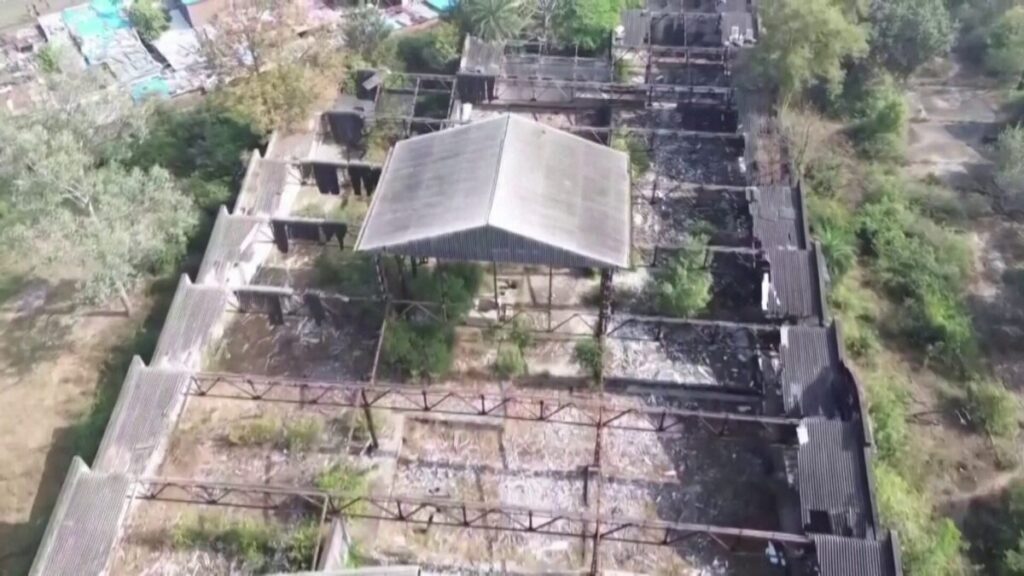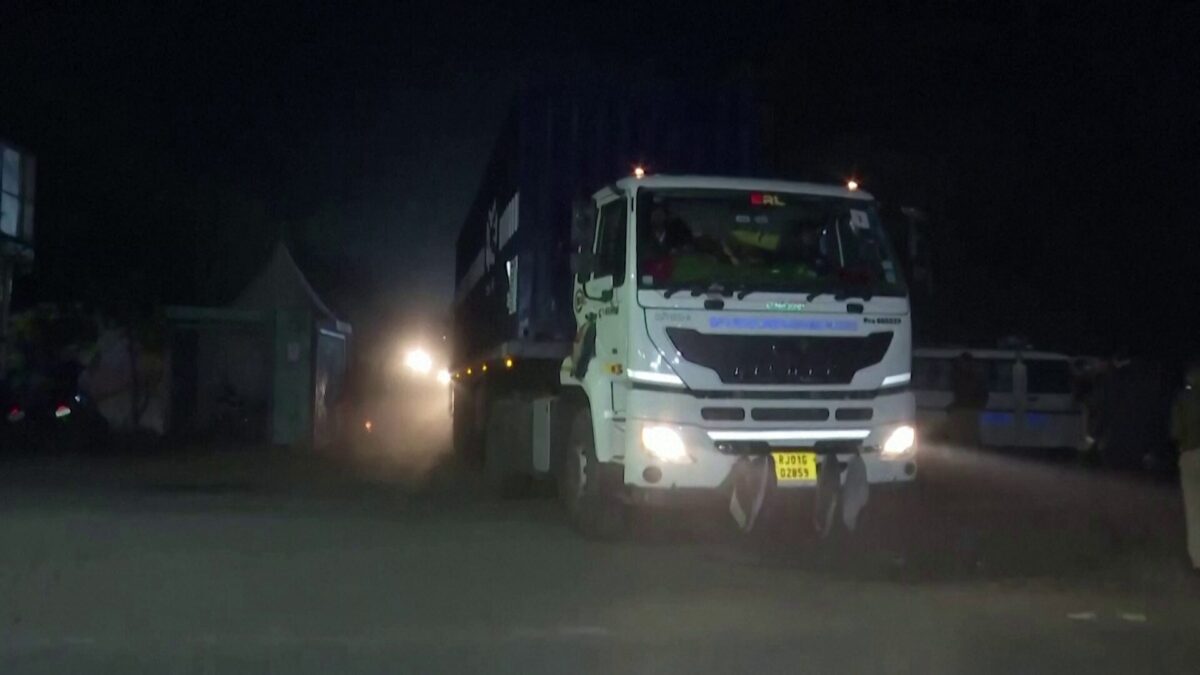NEW DELHI — Nearly 40 years after the catastrophic 1984 Bhopal gas tragedy that claimed over 5,000 lives, Indian authorities have completed the removal of toxic waste from the site.
Officials announced on Thursday that the waste has been transported to a disposal facility where it will be incinerated over the next three to nine months, following strict government-mandated safety protocols.
The removal process began on Wednesday, with a convoy of trucks departing the site under heavy security. Authorities emphasized that the handling and disposal of the hazardous material would adhere to all prescribed environmental and safety standards.
The night that changed Bhopal
In the early hours of December 3, 1984, a lethal cloud of methyl isocyanate gas leaked from a pesticide plant owned by Union Carbide Corporation, a U.S.-based company. The toxic release poisoned over half a million people in Bhopal, the capital of Madhya Pradesh, leaving a lasting legacy of health and environmental crises.
The factory, built in 1969, was once heralded as a symbol of India’s industrial progress. It created thousands of jobs for the economically vulnerable and provided affordable pesticides to millions of farmers. However, the tragedy exposed critical lapses in safety protocols and corporate accountability, turning the site into a grim reminder of industrial disaster.
A long-delayed effort
The presence of toxic waste at the site has been a point of contention for decades, with activists and survivors demanding its removal and safe disposal. The delay in addressing the issue fueled concerns about ongoing environmental contamination and health risks for nearby residents.

The current disposal marks a significant milestone in the long-delayed cleanup effort, though activists have criticized the timeline and demanded greater transparency in the incineration process.
The Bhopal gas tragedy remains one of the world’s worst industrial disasters, with lingering effects on survivors and their descendants. Many still suffer from chronic health issues such as respiratory problems, cancer, and birth defects attributed to the exposure.
Union Carbide was later acquired by Dow Chemical, which has consistently denied responsibility for the cleanup, citing a 1989 settlement that it says absolved the company of further liability. The Indian government and survivors’ groups have continued to push for additional compensation and accountability, a fight that remains unresolved even as the waste finally begins to be destroyed.





